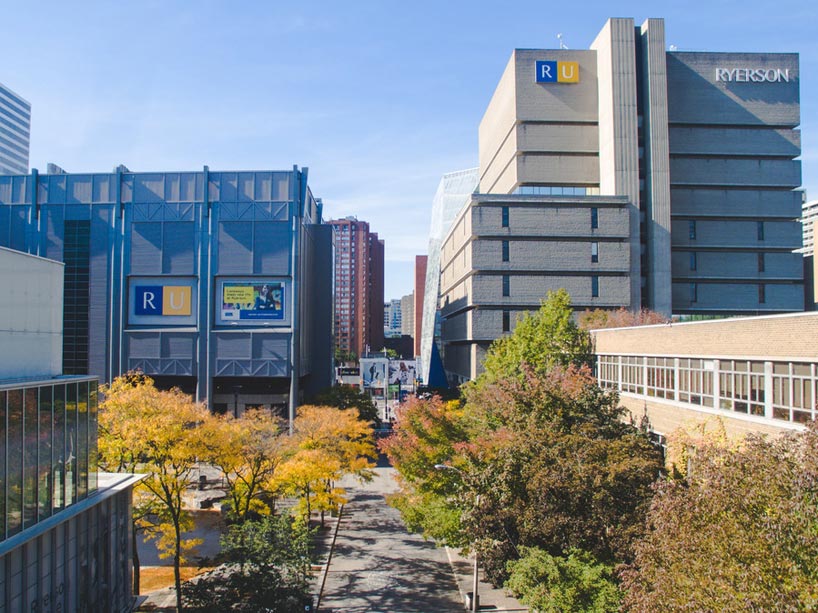Understanding the complexities of radicalization

Photo: The International Issues Discussion series is a student-led forum out of the Faculty of Arts, designed to engage community members on issues in contemporary global affairs.
Mubin Shaikh, a leading Canadian counter-terrorism expert, spoke at Ryerson University about Canada’s national security efforts, the processes of radicalization, and his direct involvement in some of Canada’s most noteworthy terror incidents.
According to Shaikh, at the core of the radicalization process is the question of “nature vs. nurture,” but he also accounts for the influences of geopolitics, poverty, deprivation, adventure and money. For him, identifying a single source of causation fails to do justice to an inherently complex issue.
Radicalization is a multi-pronged issue, and its solutions are just as complex.
“Ideology without grievances doesn’t resonate, and grievances without ideology aren’t acted upon,” said Shaikh at the International Issues Discussion (external link) event organized by students in the Faculty of Arts.
Shaikh explains that in his youth, although raised in Canada, he had fallen victim to the same symptoms of radicalization he now looks for in young men. Constantly having to toe a line between what he calls “traditional Islam, and the wider Canadian society” took a toll. And attending both strict Islamic schools, as well as Canadian public schools, made reconciling both of his identities increasingly difficult.
It’s an experience that brought him to better understand the melting pot of issues that can lead to radicalization – particularly for young, Western-born, Muslim men.
Shaikh also notes the dramatic changes that the radicalization process has undertaken since his youth. Today, information and social networking websites like Facebook, Twitter, YouTube and Google have become breeding grounds for extremism; and in response, Shaikh calls on these platforms to exercise “restrictions” not “censorship” as ways to best combat the issue.
“The radicalization process has become much easier when you can find whatever it is that you’re looking for. Look at dead Syrian bodies for two hours, and see how you feel. We need to start thinking of terrorism as theatre, on online platforms particularly,” said Shaikh.
***
What is remembered by many as Canada’s largest averted terror plot, the 2006 “Toronto 18” case was central to Shaikh’s presentation. Shaikh explained how he worked undercover with Canada’s federal intelligence service (CSIS), to help expose and eventually apprehend the young men suspected of plotting several mass-casualty attacks across Southern Ontario.
He explained his work as an intelligence operative for CSIS, saying that contrary to popular belief, the notion that extremists are bred in mosques is false. “The idea that mosques are hubs for radicalization is ridiculous, people go elsewhere to do their thing,” said Shaikh.
“In intelligence we don’t follow mosques, we follow people,” said Shaikh.
He added that jihad as a “legitimate war tradition” has been publicly manipulated via internationally publicized terror attacks. “Leaving your family in secret to fight in Syria is not jihad; terrorism is to jihad what war crimes are to rules of engagement.”
For him, presenting the “war against terrorism” as a clash of civilizations, plays directly into the rhetoric of extremist groups like ISIS and Al-Qaida. Instead, he says counter-intelligence and national security efforts should be dedicated to identifying and addressing the root of radicalization, and festering feelings of discontent, in the wake of two wars fought in Iraq and Afghanistan.
“They (ISIS) want to provoke a clash between Westerners and Islamic governments,” said Shaikh.
So as Canada’s role in the war against terror continues to change – Canadian counter-terrorism decisions will have vast international ramifications, and will be central to efforts of reconciliation with the Middle East, and better understanding Islam’s place in the West.